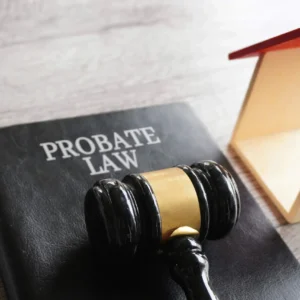What legal actions can I take against a competitor for false advertising?
Dispute lawyers in false advertising handle legal issues related to misleading marketing. They help clients protect their reputations and seek compensation while ensuring compliance with consumer protection laws.










